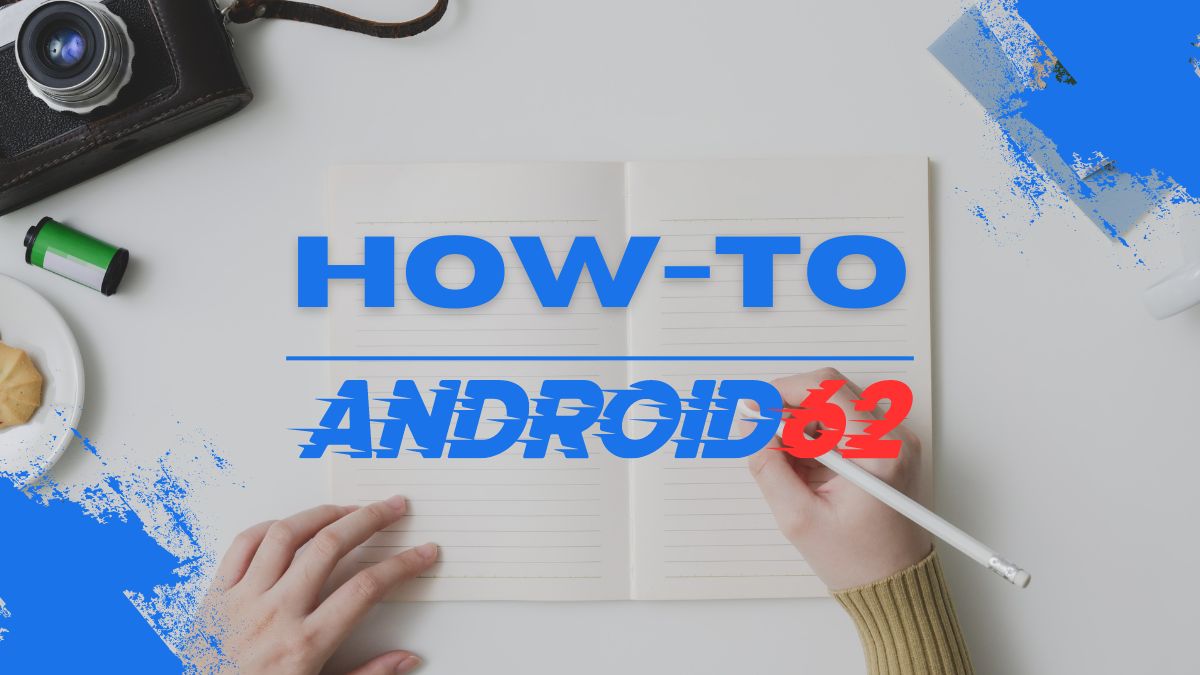
Learning how to say “yes” in German is a basic yet essential phrase if you plan on visiting Germany or interacting with German speakers. Knowing how to affirm or agree in a foreign language can help you navigate conversations and build relationships with native speakers. In this comprehensive guide, we will explore different ways of saying “yes” in German, along with pronunciation tips and cultural insights.
1. Ja
Ja is the most common and straightforward way of saying “yes” in German. It is pronounced as “yah” with a sharp sound at the end. This word is used in various contexts, similar to how “yes” is used in English. Whether you’re responding affirmatively to a question or expressing agreement, ja is the go-to word for saying yes in German.
2. Jawohl
Jawohl is a more formal and emphatic way of saying “yes” in German. It is often used in official or military settings to convey affirmative consent or obedience. Pronounced as “yah-vohl,” this word carries a sense of authority and respect. While it may not be commonly used in casual conversations, knowing how to use jawohl can be beneficial in certain situations where formality is required.
3. Doch
Doch is another versatile word in German that can be used to express agreement or affirmation. In some contexts, doch can be translated as “yes” to contradict a negative statement or emphasize a point. Its pronunciation is similar to “dokh” with a soft ending. Understanding when to use doch can add nuance to your conversations and demonstrate your command of the German language.
4. Jawoll
Jawoll is an enthusiastic and positive way of saying “yes” in German. It conveys a sense of enthusiasm, excitement, or approval. Pronounced as “yah-vohl,” this word is often used to show eagerness or agreement in a lively manner. Incorporating jawoll into your vocabulary can help you convey your emotions effectively in German conversations.
5. Natürlich
Natürlich translates to “naturally” or “of course” in English, making it a more casual and friendly way of saying “yes” in German. This word is used to express agreement in a natural, unassuming manner. Pronounced as “na-tuur-likh,” natürlich is suitable for informal situations where you want to convey a positive response without sounding too formal or rigid.
6. Sicher
Sicher means “sure” or “secure” in German, but it can also be used to express agreement or confirmation. Pronounced as “zee-her,” this word is versatile and can be used to affirm a statement or respond positively to a question. Adding sicher to your vocabulary can help you express certainty and confidence in your interactions with German speakers.
7. Genau
Genau translates to “exactly” or “precisely,” but it can also be used to say “yes” in German. Pronounced as “ge-now,” this word is often used to confirm a specific detail or acknowledge agreement with a precise statement. Using genau in conversations shows attentiveness and understanding, making your interactions more engaging and meaningful.
8. Ja, genau
Ja, genau combines the simple “ja” with the affirmative “genau” to express a strong agreement or confirmation. This phrase is commonly used in German conversations to emphasize full agreement with a statement or idea. Pronounced as “yah, ge-now,” ja, genau is a powerful way to say “yes” with precision and clarity.
9. Absolut
Absolut means “absolutely” in English and is used in German to express complete agreement or certainty. Pronounced as “ap-so-loot,” this word conveys a strong affirmation and unwavering support for a statement or decision. Incorporating absolut into your language repertoire can help you express your unwavering support or agreement confidently.
10. Stimmt
Stimmt translates to “right” or “correct” in English, but it can also be used to say “yes” in German. Pronounced as “shtimt,” this word is often used in informal conversations to agree with a statement or acknowledge its accuracy. Using stimmt adds a casual and conversational tone to your interactions, allowing you to connect more naturally with German speakers.
11. Klar
Klar means “clear” or “obvious” in German, but it is commonly used to express agreement or affirmation. Pronounced as “kla-r,” this word is casual and versatile, suitable for informal conversations among friends or peers. Saying klar can signify clarity or understanding while also indicating your agreement with a given statement or question.
12. Selbstverständlich
Selbstverständlich translates to “self-evident” or “naturally” in English and is used in German to express agreement in a formal and polite manner. Pronounced as “zellbst-fa-er-sh-tend-lish,” this word emphasizes a sense of propriety and correctness in affirming a statement or request. Using selbstverständlich reflects your respect for etiquette and politeness in German conversations.
13. Doch Doch
Doch doch is a colloquial way of saying “yes” in German that emphasizes agreement, reassurance, or confirmation. This phrase is often repeated for emphasis or to affirm a statement more strongly. Pronounced as “dokh dokh,” doch doch adds a playful and affirming tone to your conversations, demonstrating your enthusiasm and agreement.
Conclusion
Learning how to say “yes” in German is an essential skill that can enhance your communication with German speakers and deepen your cultural understanding. By familiarizing yourself with various ways of affirming or agreeing in German, you can navigate conversations more effectively and connect with native speakers on a deeper level. Whether you choose to use the simple “ja” or opt for a more emphatic “jawohl,” incorporating these expressions into your vocabulary will enrich your language skills and make your interactions with German speakers more engaging and meaningful.



